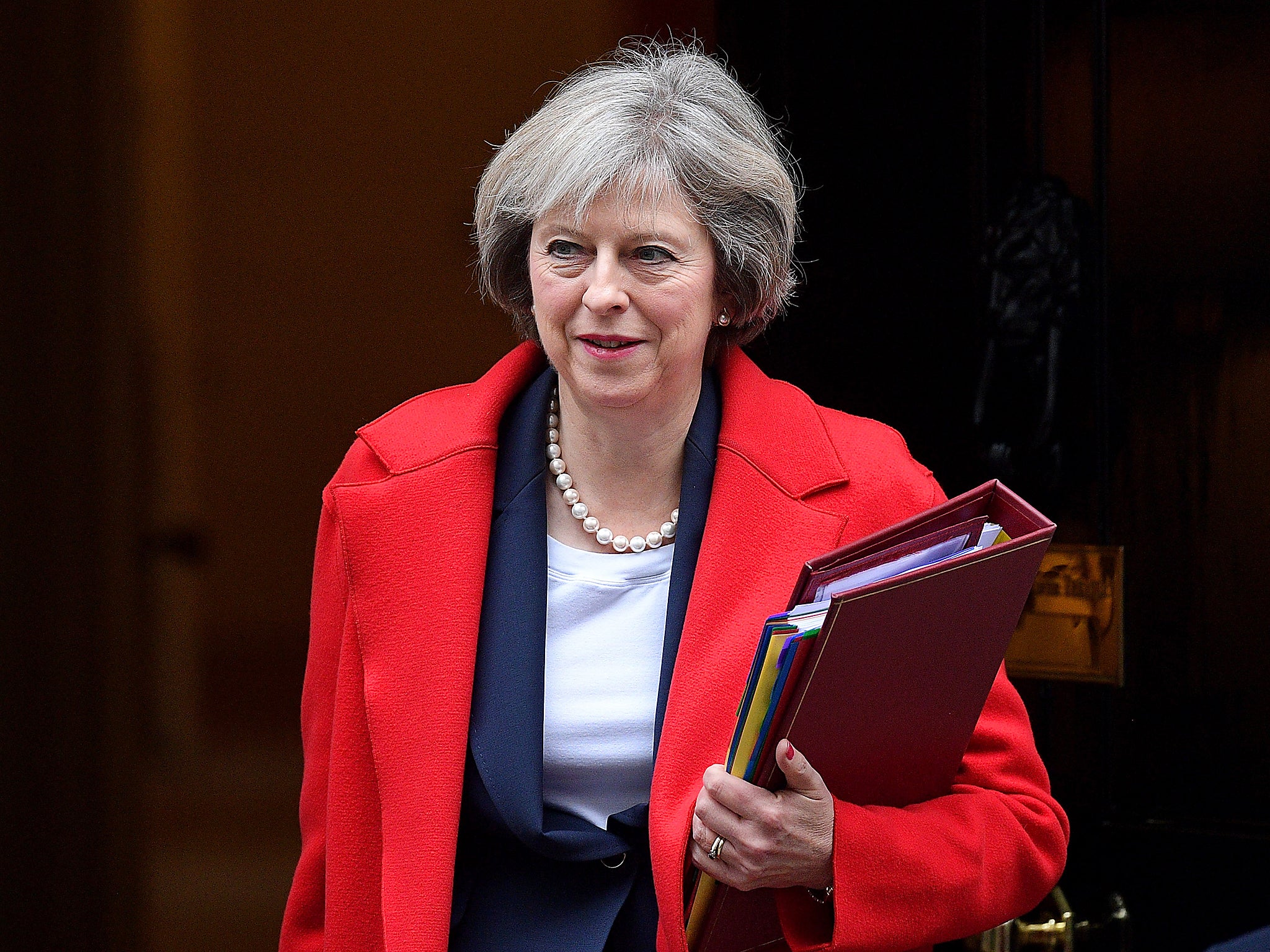Theresa May will be forced to delay Brexit, the leader set for EU Council presidency predicts
Britain's EU exit will end up before the European Court of Justice, Malta's Prime Minister predicts - and could easily be 'scuttled' by the European Parliament

Your support helps us to tell the story
From reproductive rights to climate change to Big Tech, The Independent is on the ground when the story is developing. Whether it's investigating the financials of Elon Musk's pro-Trump PAC or producing our latest documentary, 'The A Word', which shines a light on the American women fighting for reproductive rights, we know how important it is to parse out the facts from the messaging.
At such a critical moment in US history, we need reporters on the ground. Your donation allows us to keep sending journalists to speak to both sides of the story.
The Independent is trusted by Americans across the entire political spectrum. And unlike many other quality news outlets, we choose not to lock Americans out of our reporting and analysis with paywalls. We believe quality journalism should be available to everyone, paid for by those who can afford it.
Your support makes all the difference.Theresa May will fail to start Brexit by her deadline of next March because of legal hold-ups, the leader of the country set to assume the EU presidency has predicted.
Malta's Prime Minister Joseph Muscat also suggested that any proposed exit agreement could be “scuttled” by the European Parliament, which faces elections in 2019 – when Britain hopes to leave.
And he repeated the insistence of numerous EU leaders that Britain cannot hope to retain close access to the single market if it wants to end free movement of people.
Mr Muscat told the BBC: “It's just not happening. We want a fair deal for the UK, but that kind of fair deal can't translate itself into a superior deal.
“I know that there is absolutely no bluffing from the European side, at least in the council meetings I have attended, saying 'we will start in this position and then we will soften up'.
“No, this is really and truly our position.”
Ms May has said she will start Brexit by the end of March, by triggering the Article 50 notice period and its two-year timetable for leaving the EU.
But she must first overcome the hurdle of her Supreme Court appeal against the High Court’s ruling that Parliament must give its consent to starting the exit process.
Mr Muscat said he would not be surprised if the Supreme Court referred the controversy to the European Court of Justice (ECJ), which has supreme authority over matters of EU law – creating a delay.
That is also the view of the President of the ECJ, Koen Lenaerts, who has said there are “many, many ways” that Brexit could end up before the EU’s highest court.
Furthermore, Britain was mistaken if it believed the talks would be straightforward, because they must first sort out the financial bill for leaving, then the headache of the border with the Republic of Ireland.
Mr Muscat said: “It is only after those two areas have been resolved that the third negotiation will start - which is what type of new relationship there will be between the UK and the European Union.”
And he added: “The real threat to all this is the European Parliament elections in 2019.
“I think there is a clear and present danger of anything that we would have done to be scuttled at the very end of the process - for Parliament to veto it. It will get complicated. Divorces are never easy I think.”
Significantly, it is senior MEPs who have been most critical of Britain’s failure to explain its Brexit strategy, even during face-to-face talks this week.
German MEP Manfred Weber, the chairman of the centre-right European People's Party, emerged from a meeting with Brexit Secretary David Davis saying: “There is no idea what Brexit really means.”
Ms May has said it would hand the EU an advantage if the Government revealed its negotiating hand on Brexit before the talks take place.
But Mr Muscat said: “We are going to lose something, but there will not be a situation when the UK has a better deal than it has today.”
Join our commenting forum
Join thought-provoking conversations, follow other Independent readers and see their replies
Comments